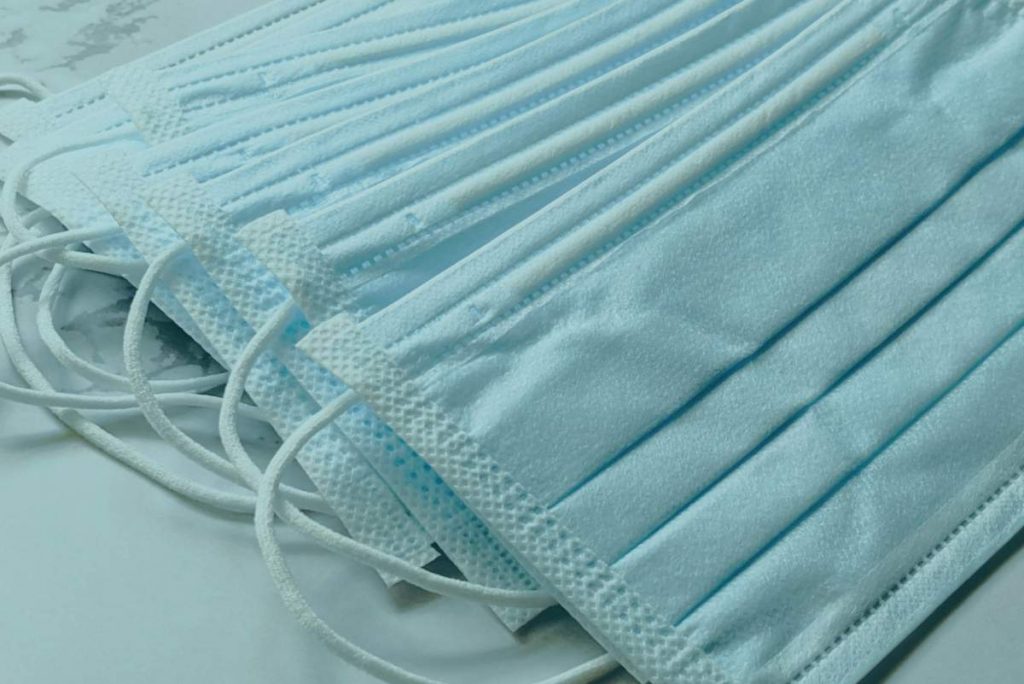Bad breath is a common condition for people of any age. It can be embarrassing, but it is preventable and treatable. Most bad breath starts in the mouth as a result of dry mouth, insufficient oral care, diet or lifestyle. Chronic malodor – also called halitosis is bad breath that doesn’t go away and may indicate a more serious problem. Here’s what the team of Saskatoon dentists at Acadia Dental Clinic think everybody should know about bad breath and halitosis.
Dry Mouth and Common Bad Breath
Most common bad breath is caused by dry mouth. Saliva plays a fundamental role in the balance of bacteria in the mouth. The absence of saliva in the mouth increases the chance of survival and proliferation of bacteria that cause bad breath. There are many common reasons for bad breath to develop:
- A missed meal, or infrequent eating. The action of chewing triggers saliva production, so if you aren’t eating, you aren’t producing much saliva.
- Waking up in the morning. Saliva production slows down significantly when you are sleeping.
- Mouth-breathing.
- Dehydration.
- Salivary glands that are damaged or affected by a disorder.
- Diet-changes. Certain foods affect saliva production.
- Smoking or drinking alcohol.
- Certain medications.
What is Halitosis?
Most of us are used to waking up with foul-smelling breath or having a stinky mouth after a garlicky meal. Halitosis is chronic bad breath that persists beyond these incidents and may signal a more serious problem such as dental decay (cavities) or gum disease. Both are caused by the proliferation of bacteria that also cause bad breath. If your bad breath doesn’t go away even with proper oral care and a balanced diet, a visit to the dentist can diagnose the problem causing your bad breath.
It is possible that health conditions affecting other parts of the body can lead to halitosis. Conditions with bad breath as a possible side effect might include: illness or infection of the mouth, nose, or throat; diabetes, digestive disorder, liver disease, HIV, or respiratory disorders.
What you can do about bad breath:
- Brush and floss daily.
- Scrape your tongue.
- Drink plenty of water and rinse your mouth after meals or snacks.
- Break habits that cause dry mouth such as smoking and drinking alcohol.
- Try breathing through your nose more often.
- Chew sugar-free gum to increase saliva production.
- See your dentist regularly for a cleaning and check-up.
If you’ve ever had bad breath or smelled someone else’s, you probably know how unpleasant it can be. The good news is that oral malodor and halitosis can be resolved with home care and good oral hygiene habits. If you rely on quick fixes like breath mints, mouth-wash, or mouth sprays that temporarily mask the smell of your bad breath, you might consider addressing the cause of the problem by investing a little extra time into your oral care routine. If you have frequent bad breath and are concerned about halitosis, the dental health care team at our Saskatoon dental clinic can help you decide how to best resolve it.





